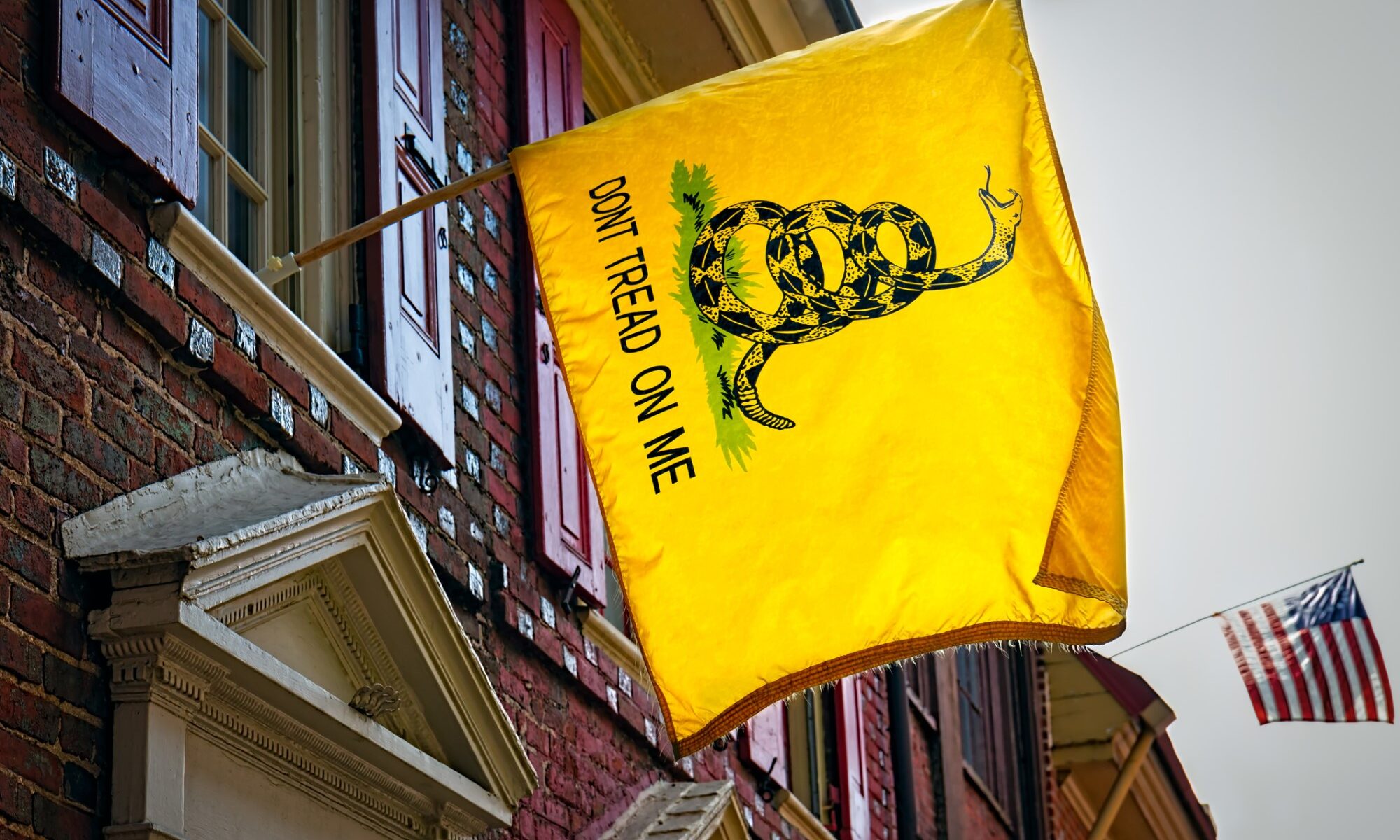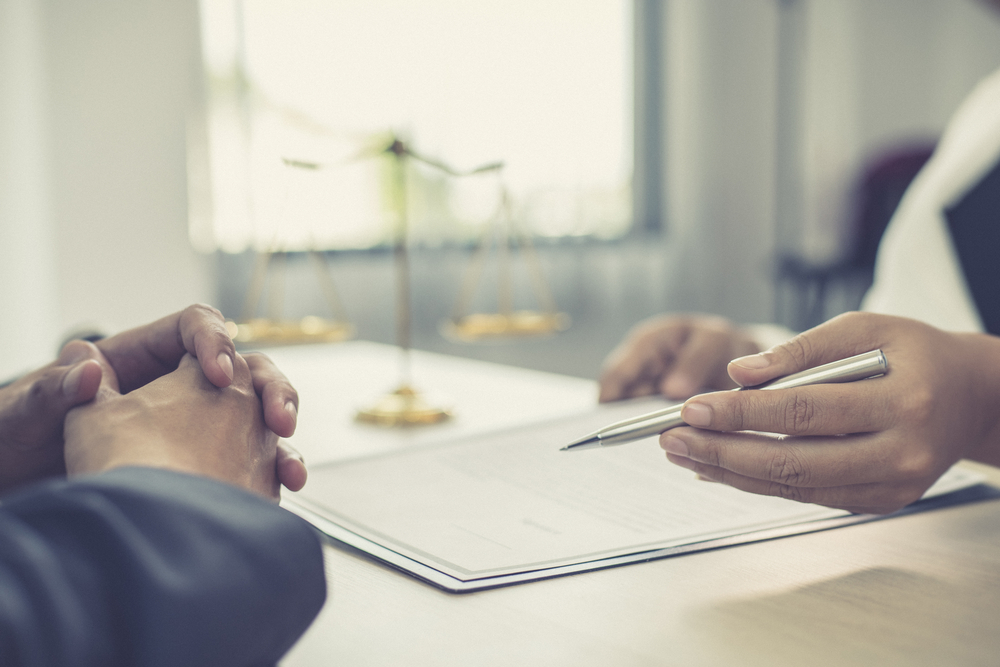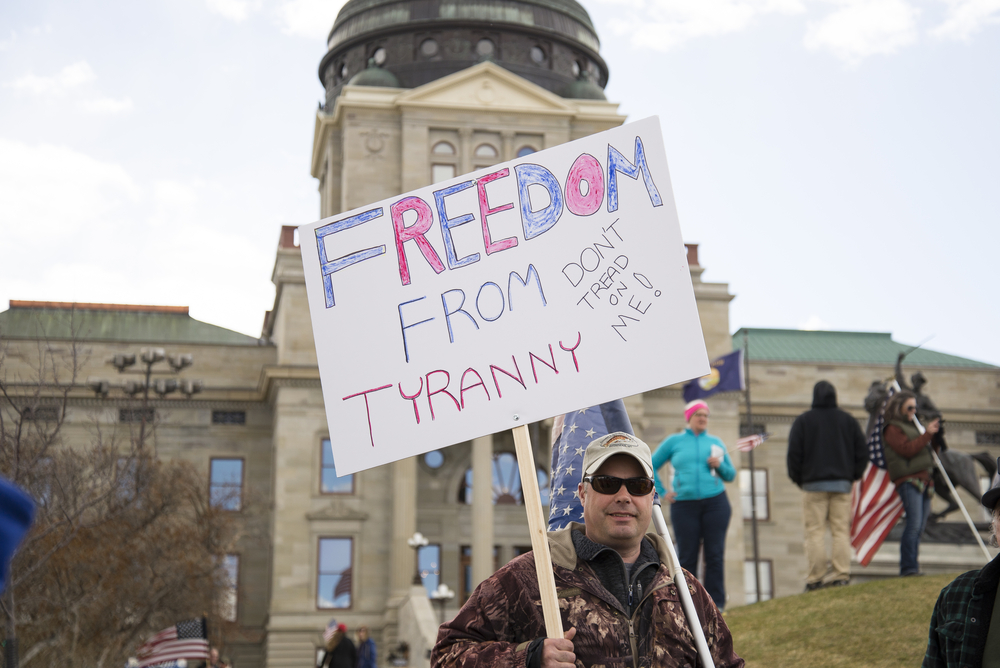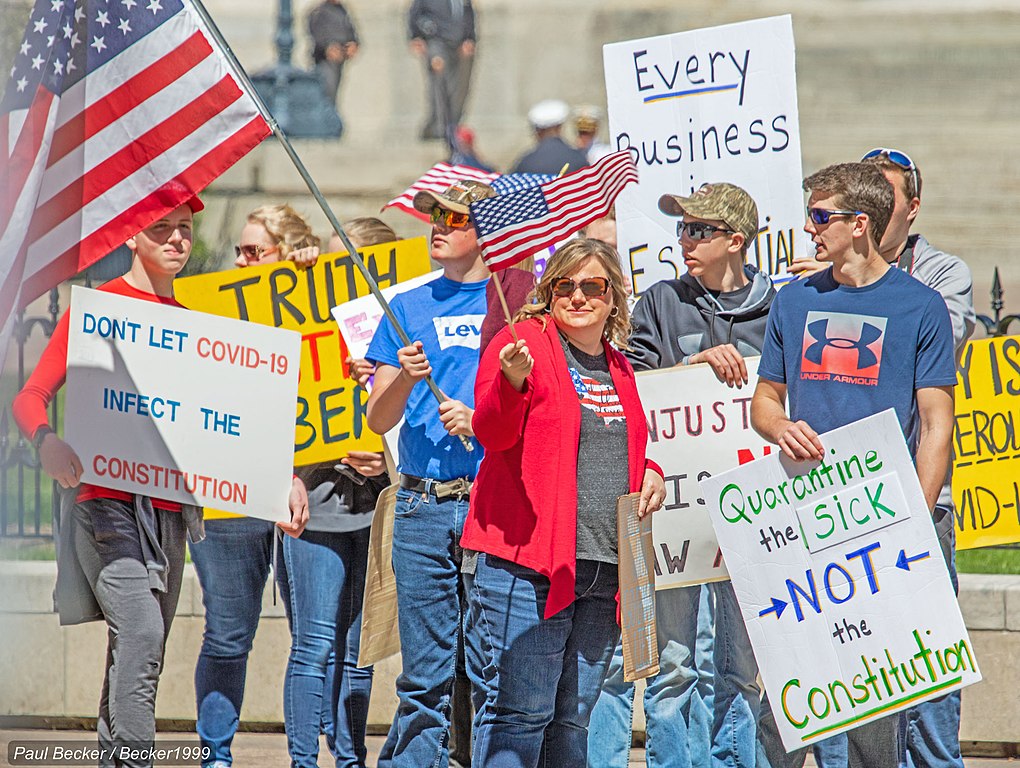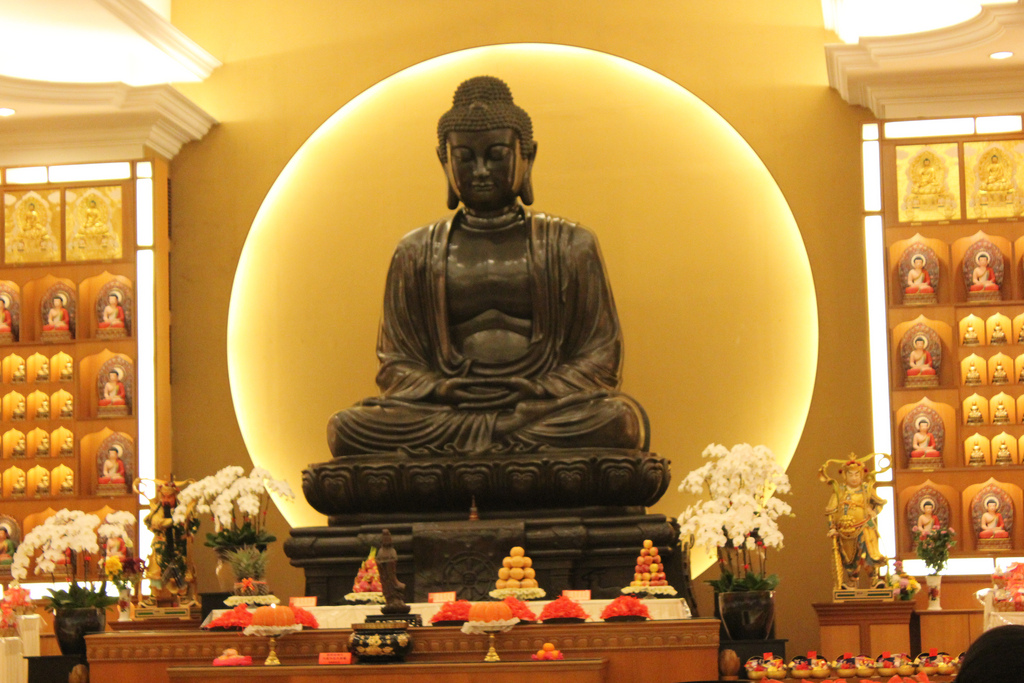The Trump administration has been aggressive with imposing new restrictions, from banning books on certain topics in the military to freezing National Science Foundation grants. And yet, Trump declared January 20th, his inauguration, America’s “liberation day.” What, one might ask, is America being liberated from? And how does this relate to our broader philosophical understanding of freedom?
A place to start is exclamations by some Trump supporters.
From the Financial Times: “’I feel liberated,’ said a top banker. ‘We can say ‘r****d’ and ‘p***y’ without the fear of getting cancelled . . . it’s a new dawn.’” And from New York magazine: “[This Trump supporter] had supported Biden, but ‘I hate watching the things I say. I took a much farther horseshoe around this time.’ Later, a former Bernie supporter (who looked like the most Bernie-supporting person one could imagine with long, curly hair and a plaid shirt) told me the same: He wanted the freedom to say ‘f****t’ and ‘r******d.’”
These examples are deliberately provocative. Nonetheless, they paint a picture of a particular freedom (a cultural or social freedom) and a particular jailer (political correctness or “cancel culture”) — an analysis shared by certain libertarian political commentators. The Prindle Post has extensively analyzed “cancel culture” previously.
And how does this fit in with freedom writ large?
Typically, philosophers consider both the freedom from certain constraints or obstacles, as well as the freedom to engage in certain acts or actions in pursuit of one’s interests. This is sometimes termed negative liberty and positive liberty (see recent discussion). For example, we might understand free speech as freedom from government censorship. Alternatively, we might consider government supported mental healthcare as supporting our freedom to pursue our well-being without being undermined by illness. Unsurprisingly, freedom to often requires the provision of certain goods and resources.
From the perspective of constraints and obstacles (freedom from) the Trump administration generally represents less freedom. We can see this in the banning of trans individuals from the military, restrictions on certain words at the National Science Foundation, and the barring of the Associated Press from the White House. Each of these actions introduces a new constraint.
One might characterize Trump’s policies as providing freedom from “DEI,” but this view faces challenges. First, Diversity, Equity, and Inclusion encompasses an enormously broad range of policies, from programs that provide support for minority students interested in science, to internal reviews of workplace discrimination, to diversity training. It is not one thing that someone can be freed from. Second, while not all of these programs have proven effective, it is unclear how they might represent obstacles or constraints. Arguably, if they mandated preferential hiring or quotas that could be viewed as an obstacle for the majority, but they did not. So it’s not obvious how Trump’s actions can be read as liberating us from outside interference.
What about freedom to? If we look at the direct provision of support and resources, again the Trump administration seems likely to represent a decrease, such as proposed cuts to Medicaid. This is unsurprising and follows a long legacy of Republican administrations being more interested in freedom from and less interested in freedom to. Being expansive about freedoms, the Trump administration does provide certain liberties such as the freedom to not participate in DEI programs. And indeed, from this perspective, almost all government actions provide some freedoms and some restrictions. Even laws against murder diminish the “freedom” to murder. Ultimately, this thicket of competing freedoms can only be fully disentangled through consideration of the importance of specific freedoms and their relation to our overall values, as multiple Prindle Post authors have explored.
We might also turn to a special variety of freedom from, namely, the freedom from arbitrary expressions of power. Philosophers refer to this as republican freedom or non-domination. The characteristic feature of non-domination is that one cannot be subject to arbitrary power, not merely that they happen not to be subject to such power. Consider a prisoner with a very permissive warden. The warden still has power over the prisoner, even if they are not using it, and thus the prisoner lacks non-domination.
To the extent there is a defining characteristic of the new Trump administration, it is the consolidation of executive power under Trump, and a few select others such as Elon Musk. We see this with the firing of Inspectors General, the novel assertion that the executive branch can unmake agencies formed by Congress, the claim that the executive branch can halt Congressionally allocated funds, the strong exercise of control over the Department of Justice, widespread firing of civil workers, and Trump’s controversial tweet: “He who saves the country does not violate any law.”
One can assert, as Trump did, that this consolidation of power is good or necessary, but regardless, it represents a steep decline in republican freedom. If the primary check to the exercise of power is the discretion of the person holding it, then non-domination is low.
None of these versions of freedom – negative, positive, republican – capture the liberation expressed by Trump supporters. Something else seems to be going on. In a series of interviews with everyday Americans, the political theorist C. Fred Alford observed that people rarely consider freedom in grand political terms. For most, freedom primarily concerns having power over one’s life, and the ability through wealth and power, to do what one wills. (Or perhaps truer to the interviewees, formal Bill-of-Rights freedom doesn’t mean much if one lacks money and power.) Interviewees also commonly expressed frustration with bureaucratic systems of control. (Note that this work is 20 years old and the sample size is small, so some caution is warranted.)
For many, Trump and Musk represent a cultural rebellion against claustrophobic liberal standards of communication, norms of behavior, and office activities. That rebellion promises to free people from the social policing they fear and lessen the impression of social censure or “canceling” (even if there were not on-the-book legal consequences). It might be objected that, by comparison, these are not particularly important freedoms. However, again, even if this is true from a big-picture tyranny perspective, Alford’s research indicates that the felt experience of freedom is very intertwined with how people think about freedom.
Experienced freedom is necessarily individual. The same society can be experienced as more free by some, and less free by others. Poor people losing Medicaid, women who want abortions, scientists studying discrimination, trans people seeking to join the military, immigrants having temporary protected status revoked — their experienced freedom will be quite different under Trump than a wealthy individual who feels empowered to say “p***y” and “r******d.”
The individual nature of experienced freedom speaks a larger truth about how freedom operates even under very oppressive regimes. For many people, little changes. Not everyone will run up against the boundaries of political freedom. Many can do all they wish coloring within the lines provided by the state. It is those who, by their nature (e.g., certain minorities), by their profession (e.g., journalists), or by their inclination (e.g., activists), push against such lines that are most at risk in repressive regimes. Currently, trans-Americans, immigrants, and members of the news media stand in the crosshairs of executive power. But what protects other communities? Absent republican freedom, it is not the law, but merely the whims of the powerful that determine their fates. Without true boundaries on power, the lines of acceptability can change with a thought.

